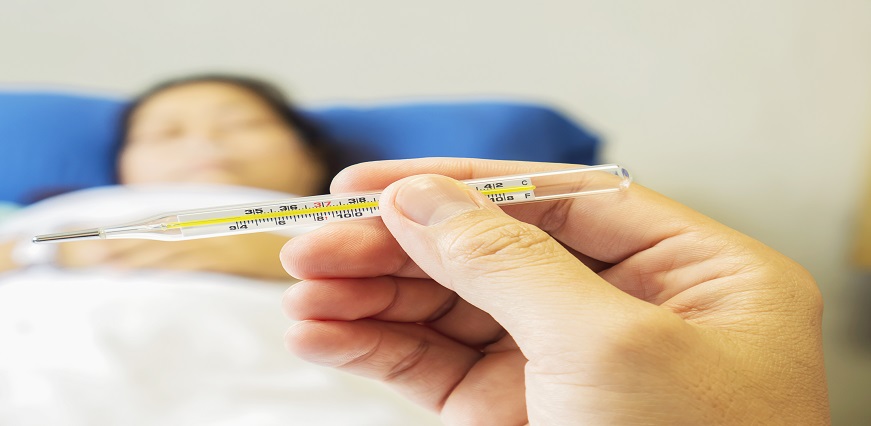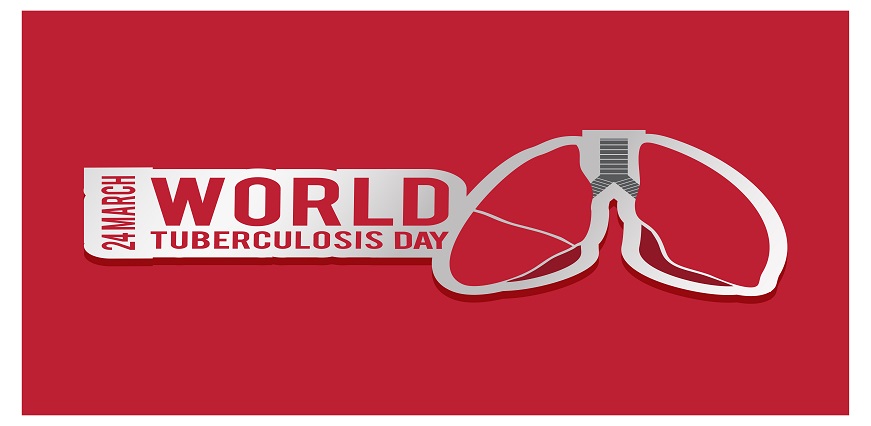





No lab centers are available in this city

Max Lab
Nov 08, 2024
Norovirus is a term that many people have heard but may not fully understand. It’s often referred to as the "stomach flu," but this virus has its own unique characteristics and challenges. With outbreaks occurring in various settings—from cruise ships to schools—knowing what norovirus is and how it spreads can help you stay informed and protected.
Norovirus is a highly contagious virus that causes gastrointestinal distress. It’s often referred to as the "stomach flu," but it isn’t related to influenza. This viral infection can affect anyone, regardless of age or health status.
The primary way norovirus spreads is through contaminated food and water. Consuming raw or undercooked shellfish is a common culprit. Additionally, touching surfaces where the virus resides can lead to illness if hands are not washed properly afterward.
Close contact with an infected person also increases the risk of spreading the virus. Places like schools, cruise ships, and nursing homes are hotspots for outbreaks due to close quarters and shared facilities.
Norovirus symptoms can hit suddenly and often catch individuals off guard. The most common signs include acute nausea, vomiting, and diarrhea. These gastrointestinal issues can be quite severe.
Other frequent symptoms are stomach cramps and a general feeling of malaise. Many people also experience low-grade fever or chills alongside headaches.
The intensity of these symptoms may vary from person to person. While some may feel mildly uncomfortable, others might find it challenging to stay hydrated due to persistent vomiting and diarrhea.
Treatment for norovirus primarily focuses on managing symptoms. The main goal is to prevent dehydration.
Staying hydrated is crucial. Drink plenty of fluids like water, oral rehydration solutions, or clear broths. These help replenish lost electrolytes and keep your body functioning well.
Eating light foods can also aid recovery. Options such as toast, rice, bananas, and applesauce are gentle on the stomach. Avoid dairy products and fatty foods until you feel better.
Rest plays an important role too. Giving your body time to heal allows for a quicker recovery process without additional stress.
Preventing norovirus requires a multi-faceted approach. Start with proper hand hygiene. Wash your hands thoroughly with soap and water, especially after using the bathroom or before eating.
Disinfect surfaces frequently. Use a bleach-based cleaner on kitchen counters, dining tables, and bathroom fixtures to kill any lingering viruses.
Food safety is another critical aspect. Always wash fruits and vegetables under running water. Cook seafood thoroughly to reduce contamination risks.
During an outbreak, avoid close contact with infected individuals. Stay home if you’re feeling unwell to prevent spreading the virus further.
Certain groups of people are more vulnerable to norovirus infections. Understanding these high-risk categories is crucial for prevention.
Young children, especially infants and toddlers, have developing immune systems that make them susceptible. Their smaller body size can also lead to faster dehydration if they fall ill.
The elderly population faces similar challenges. Aging bodies may not respond as robustly to infections, increasing the risk of severe illness from norovirus.
Individuals with weakened immune systems due to conditions like HIV/AIDS or those undergoing chemotherapy are at heightened risk. Their bodies struggle to fight off infections effectively.
Care facilities such as nursing homes or daycare centers often see outbreaks quickly spread among residents and staff. Close living quarters and shared environments facilitate transmission in these settings.
Norovirus is a highly contagious virus that can lead to gastroenteritis, causing inflammation in the stomach and intestines. Understanding its symptoms, treatment options, and prevention strategies is essential for minimizing its impact on individuals and communities alike.












Sign up takes less than 60 secs and gives you access to your offers, orders and lab tests.
Looks like you are not registered with us. Please Sign up to proceed
OTP will be sent to this number by SMS
We have successfully received your details. One of the agents will call you back soon.
 To reach our help desk call 9213188888
To reach our help desk call 9213188888
No Lab Centers are available in this city
Looks like you are not registered with us. Please Sign up to proceed
OTP will be sent to this number by SMS
Not Registered Yet? Signup now.Looks like you are not registered with us. Please Sign up to proceed





 7982100200
7982100200.png)
Comments